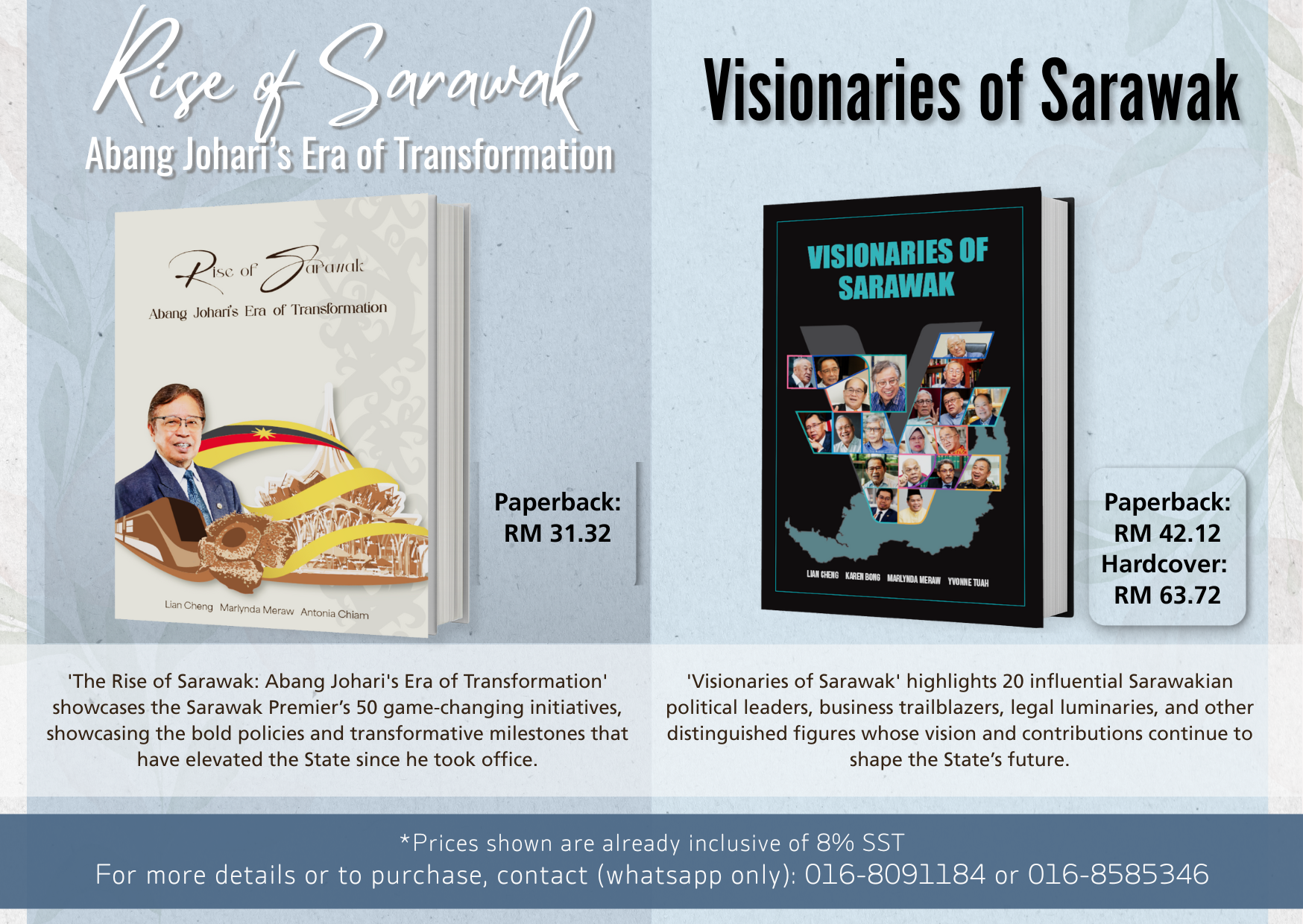
KUCHING, Jan 24: Sarawakian Dr Kaleena Bulan, a consultant ophthalmologist and vitreo-retinal surgeon based in Scotland is looking to contribute to retinal toxicity research with a study she has been conducting for the past 16 years.
According to a report by TVS, the 40-year-old, who has lived in Scotland for 20 years, has been conducting a long-term study of patients receiving Vigabatrin, a medication used to treat epilepsy.
Dr Kaleena said the study aims to identify whether Vigabatrin effectively treats refractory epilepsy and infantile spasms, but its use worldwide is restricted because of its toxic side effects on the retina.
“The main aim of this study is to evaluate the development of retinal toxicity over ten years because this information is important but still unknown at this time,” she told TVS.
Dr Kaleena said the study was carried out by completing her doctorate (PhD) in clinical and surgical studies of optometric science from the University of Glasgow.
“Our centre previously completed one of the largest international studies investigating Vigabatrin-related retinal toxicity, distinguishing pathological from physiological effects of Vigabatrin on vision and documenting visual field defects present in 25 per cent of patients with epilepsy,” she said.
Throughout her stay in Scotland, she has also been involved in several projects focusing on sight rehabilitation.
“We are working on a project called hyperspectral imaging of the eye. I have collaborated with an engineering PhD student from the University of Strathclyde while I am an ophthalmologist and a PhD student from the University of Glasgow,” she said.
Through her expertise, Dr Kaleena and her partner have published several papers and been involved in various international conferences.
“Technically, engineering research tries to see how we can improve and innovate eye examination and bypass traditional methods,” she said.
She also admitted that although she doesn’t have the technical or analytical skills of an engineer, she could still contribute to the direction of the research to help patients in real-life situations.
She explained that although engineers and scientists may be able to produce results, they cannot be translated into the real clinical environment without expert advice from doctors.
Dr Kaleena said that 28 people participated in the study, including respondents who were patients from the Glasgow Ophthalmic Research Centre and the Epilepsy Unit in the Western Infirmary, Glasgow, and is grateful for their cooperation.
“I am also very grateful to my colleagues, Dr Linda Stephen and Professor John Paul Leach at the Glasgow Centre for Ophthalmic Research, for providing enthusiastic input, criticism, and perspective in shaping the course of this research.” — DayakDaily








